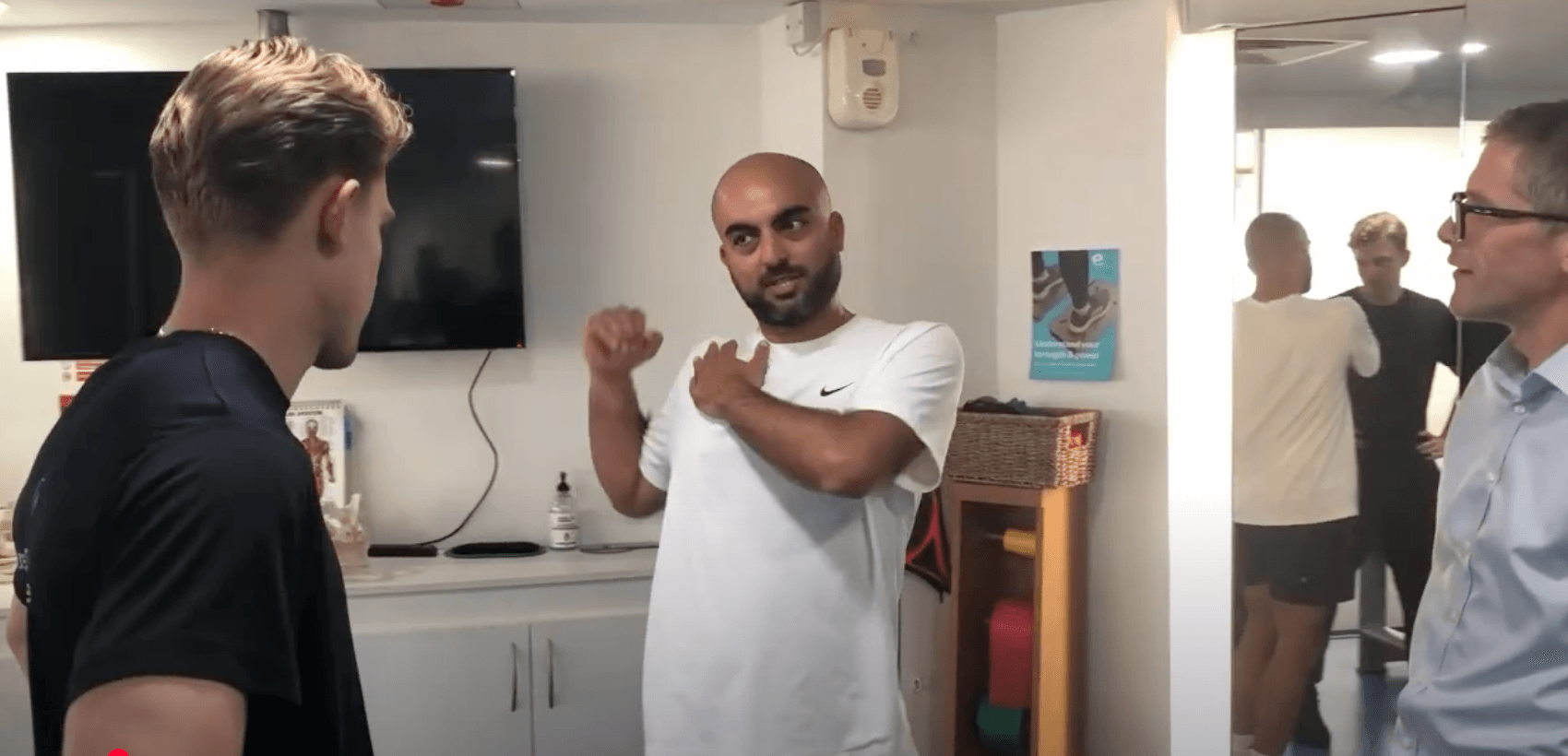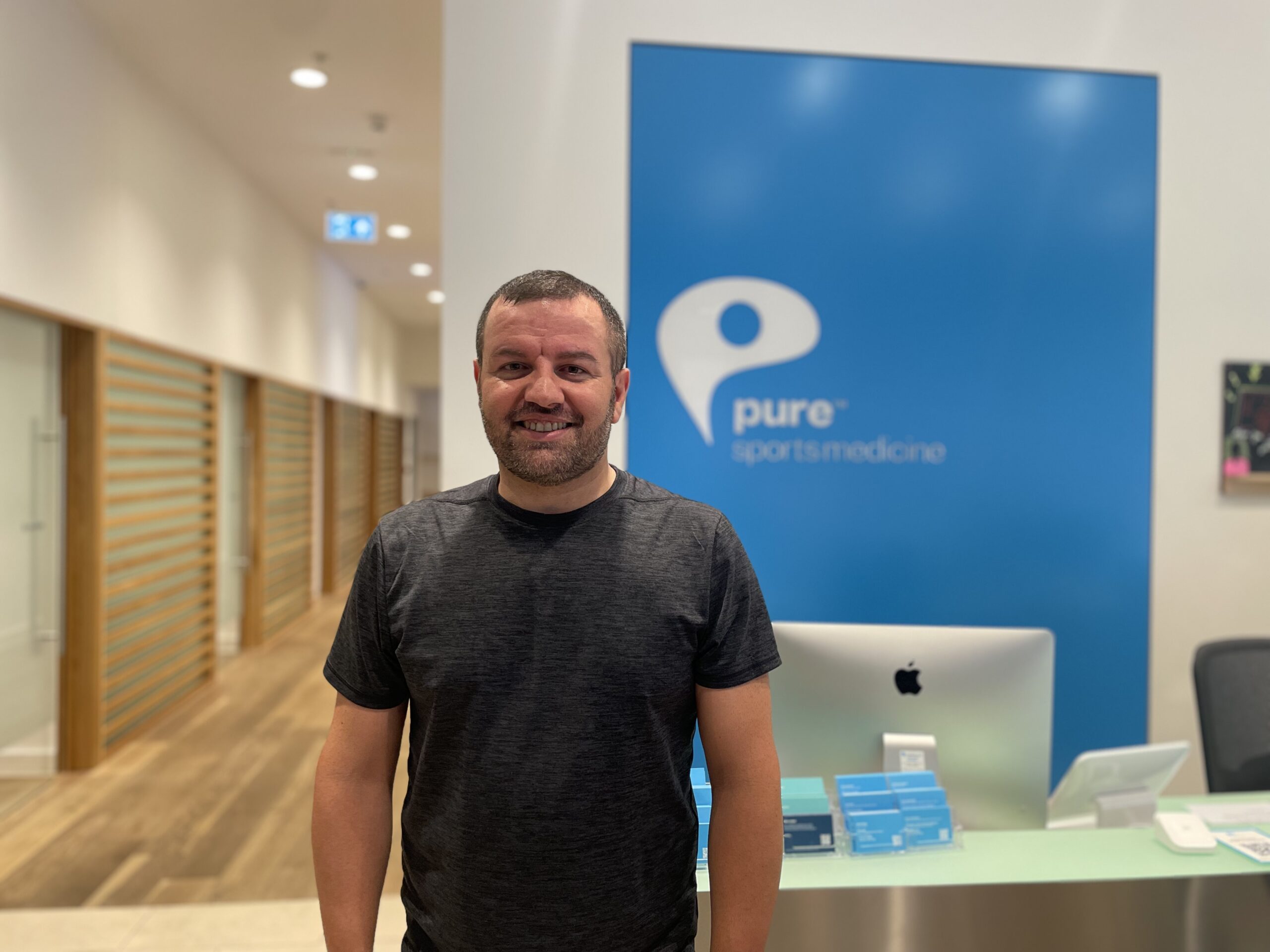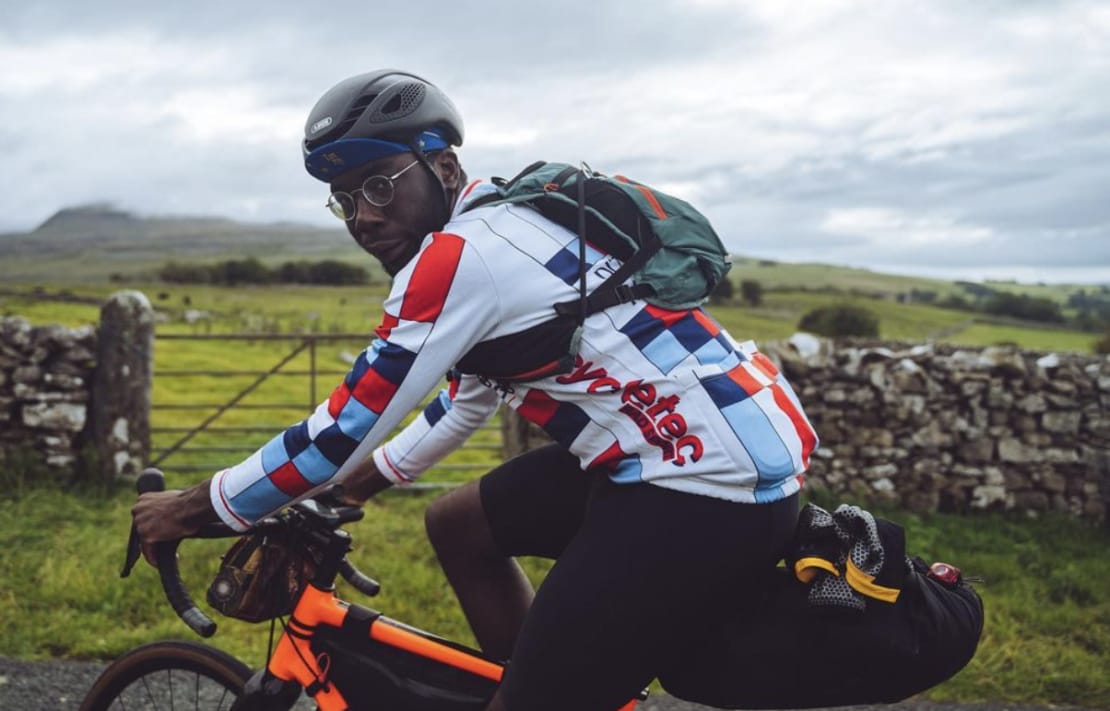Lauren’s Story
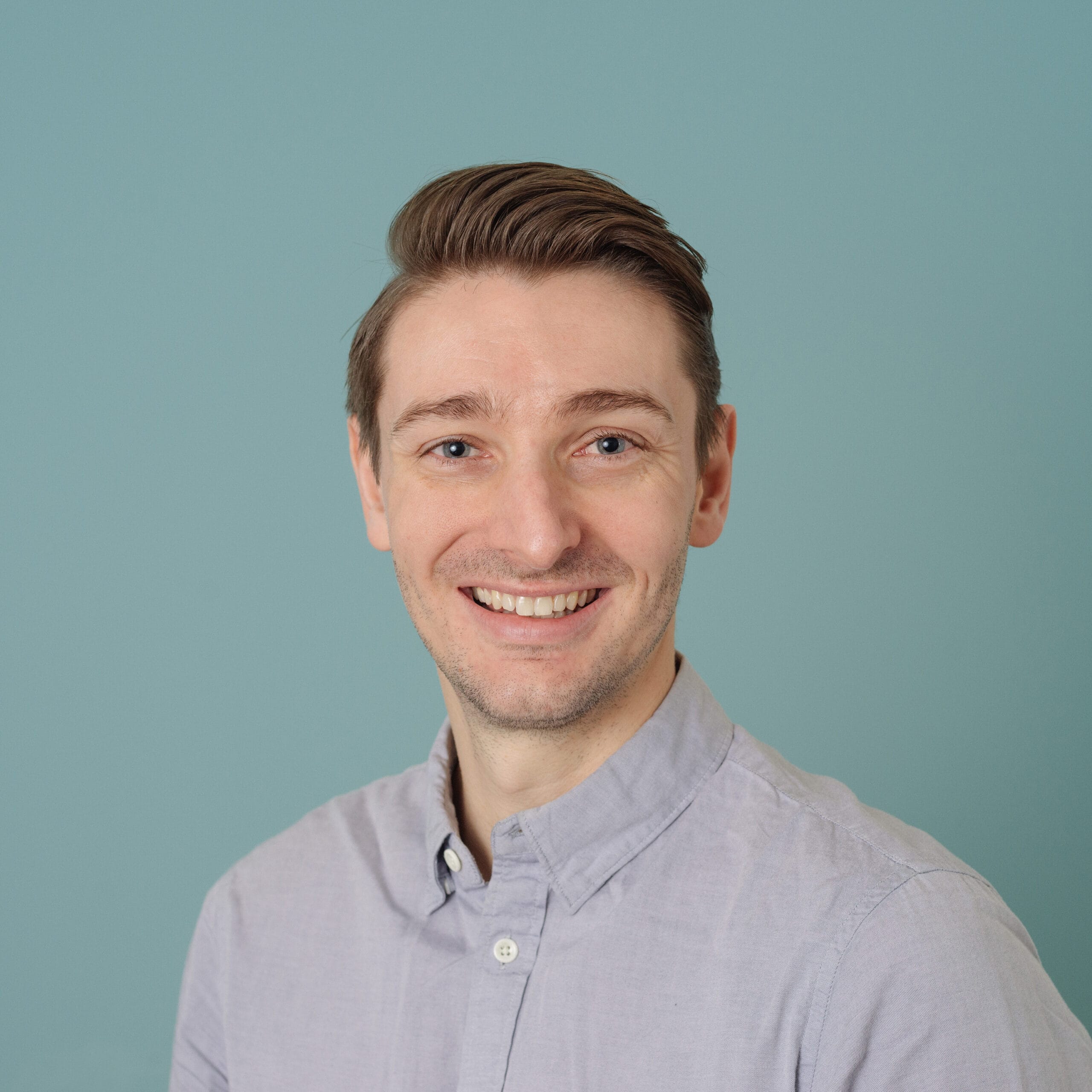
Andrew Goodall
Physiotherapist
- 24 March, 2024
- ACL
- Physiotherapy
- 1 min read
Team GB Netball Player, Lauren Tait, tells us about her experiences with not 1, but 2, ACL injuries. Lauren’s story is testament to what can be achieved through well directed ACL rehabilitation.
During trials for the Scotland Netball team in 2020 I went to change direction to recover from a drive, but my knee had a different idea. I went down and instantly knew something was wrong.
No matter what kind words were said to reassure me, ‘Don’t worry it’s just a twist’, ‘I know lots of people who get knee pain’, ‘it won’t have gone again’ I couldn’t stop remembering that all too familiar feeling of my thigh going down to my ankle.
Two years prior, four months out of Commonwealth Games Selection and U21 European championship, I tore my ACL. Between the support staff and I we agreed it was still intact so I should attempt to make both deadlines. After lot of rehab — and a lot of tears — I was finally signed off and able to do my first session back on court. I just had to show the coach one change of direction drill and I was set. Off I went, left corner to right corner to back corner and one more left, and down I went again. My knee said, ‘no thank you, I am done’. I fully ruptured my ACL. This was my first major injury (excluding previous ankle sprains and staved fingers), so the rehab process was as much about my physical recovery as it was about my mental strength. It took me two and a half years to be able to play Netball again, making it back just four months before the World Cup in 2019, which I’m pleased so that that I got selected for and finally made it onto the big screen.
Fast forward a year and a half, during the covid-19 Pandemic, I made an exciting choice to move down to London! I had never moved that far; Scotland has this ability to have all major cities within a 40-minute drive of one another, so moving down to not only a different country (sort of) and over a 6‑hour drive away from home was a big move. I moved to North London and started a new job at a School as a Netball coach, joined a new club team with Cumberland, and even landed a training partner role with a super league netball team, Surrey Storm. Plus, I was still part of the Scotland squad post the World Cup. My life was exciting, and I felt like I was thriving!
About five months in I had a retrial for Scotland, something which happens every year so nothing new. At the time I was travelling to Scotland almost every two weeks while also travelling from North London down to Surrey Sports park every Tuesday and Thursday. All this travel combined with the new job and trying to maintain some form of social life, I didn’t realise how much of a toll it was taking on my body. I got through the first section of trials fine. Next was match play and I was placed in Goal Defence — not my position but we have to impress so let’s go. It was then that my knee said ‘no’ again. Down I went, same feeling, same pain, same cry of agony.
I was told by a physio that I “definitely had not done my ACL” and if anything, it was a strain. I was still looking to impress so continued to train down in London, every day, for almost two hours per day. The pain didn’t leave but I thought it has to be fine because as the physio said, once again, “It is definitely not your ACL”.
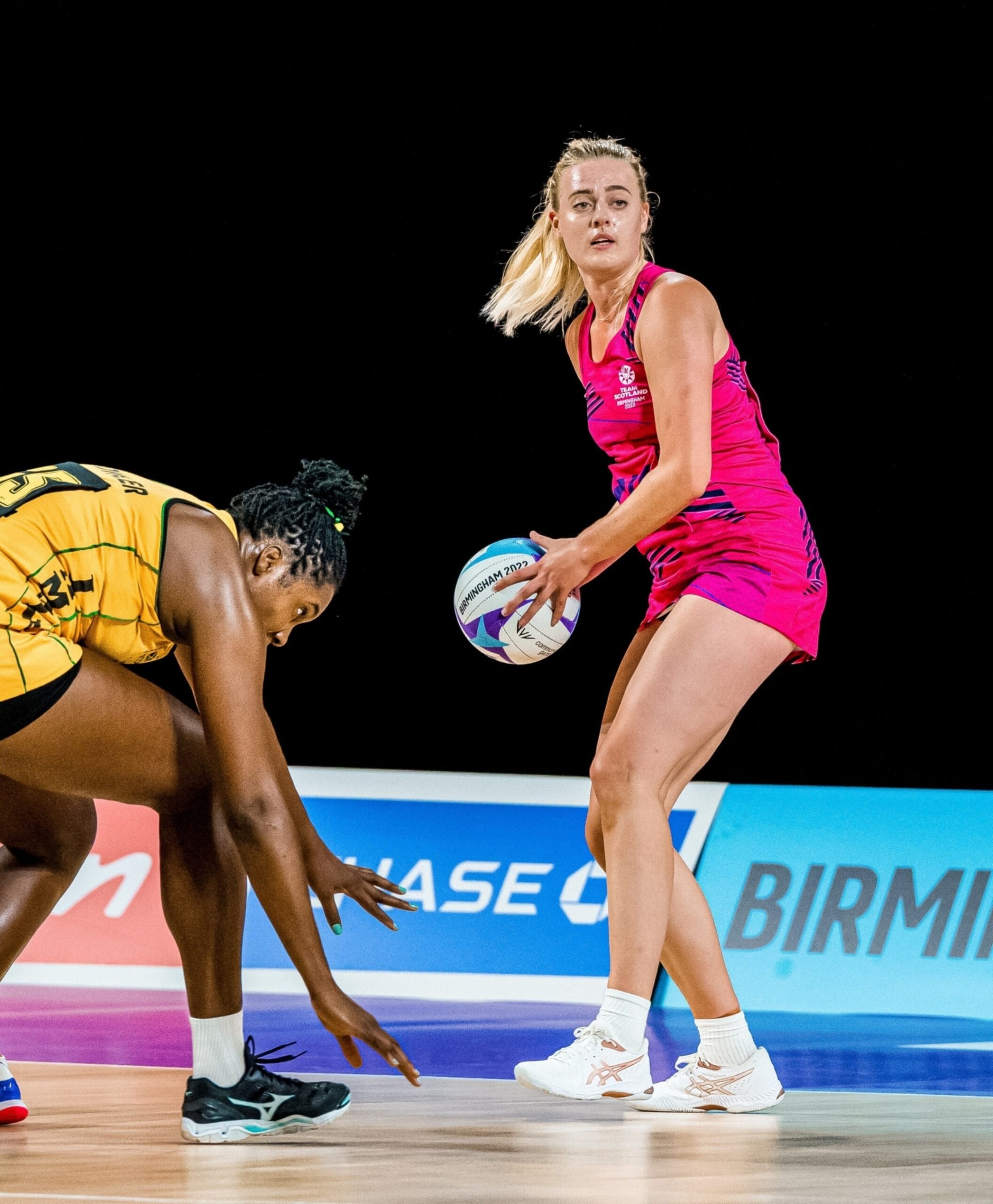
Eventually I had to disagree, and I pushed for two months to get it checked by a surgeon. After finally convincing the support staff that something was wrong, I saw the surgeon. They took one look at my knee and confirmed — ACL complete rupture and meniscus tear. I didn’t stop crying for 24-hours. My coach said “you have 24-hours to feel any way you want — cry, scream, get mad, but after 24-hours you have to make a plan. What are you going to do to push on and make a change?”.
My surgery took place in 2021, three months after the injury. I’d gone through all this once before so thought I knew what to expect, but this time was somehow both easier and harder than my first ACL recovery. I knew what it was going to feel like, I knew the process and, due to focusing both my degrees on ACL recovery, I knew a fair bit of literature on what is to be expected. But it was harder this time because I was alone. I was only six months into living in London and couldn’t walk without assistance. My flatmates weren’t going to pause their lifestyles just to take care of me, like a family member might, and I was working as a coach — not exactly a stationary job.
I was supported by my club physio and the Scotland team physio along with the surgeon but the phrase ‘too many chefs in the kitchen spoils the broth’ really hit home during this time. Communication was slipping and no one was sure what was being done or should be done. I was feeling the pressure as trials for the Commonwealth Games were coming up and I needed to be able to take part, I couldn’t miss out again because of my knee.
I began my rehab programme and was able to make it to the gym, the sessions were going well but I couldn’t help but notice I wasn’t getting a lot of physio care. Also, because I’d been signed out for the season I lost my spot in Surrey Storm, which crushed me. Having the opportunity is amazing but losing it because of my knee again, was hard to take. I started to get frustrated with the care I was getting and noticed I wasn’t improving in ability, but rather regressing. The meniscus tear was causing issues and the ACL was acting up, and I could just see the deadline looming. So, I had to make a decision.
I had seen Andrew Goodall at Pure Sports Medicine straight after my surgery as Mr Trika spoke highly of him. I really liked his way of working, and he clearly knew how to handle my recovery, but I was encouraged to go to the club physio as they would see me at training sessions. Once I saw that I wasn’t progressing with my rehab, I requested that Netball Scotland send me back to Andrew and it was the best decision we made.
Andrew not only knew exactly how help me return-to-sport, but he also accepted the challenge of doing so with the added pressure of a deadline. He took the lead on my rehab and became the connecting factor between the three physios, two strength and conditioning coaches and three Netball coaches; something I didn’t envy but thanked him for many times. Andrew was able to manage everyone’s expectations while also keeping us focused on the end goal. Within a month he was able to get my strength levels back up, ensured the correct return-to-play protocol was followed, and even got me running, without pain, using an anti-gravity treadmill — and if you’ve never tried it, it’s the most bizarre feeling, but I highly recommend it!
The recovery journey itself was far from easy. Andrew and I saw each other once or twice a week for around two months and he worked tirelessly to ensure I was on track again for trials. I’m glad to say that once trial day came, I was back running and able to play. Two hours after training, I got the email — I got in! I got selected to go to the Commonwealth Games, and Andrew was one of the first people I shared the good news with — we’d done it!
Of course, the rehab didn’t stop there. We kept in contact to ensure I was doing the correct programmes and to this day he is the first physio I go to if I have a niggle or injury. The level of care is unmatched. Andrew truly ensured I was looked after to the best of his ability, and he is one of the main reasons why I was able to achieve my goal and make it to the Commonwealth Games in 2022, a truly unforgettable experience.
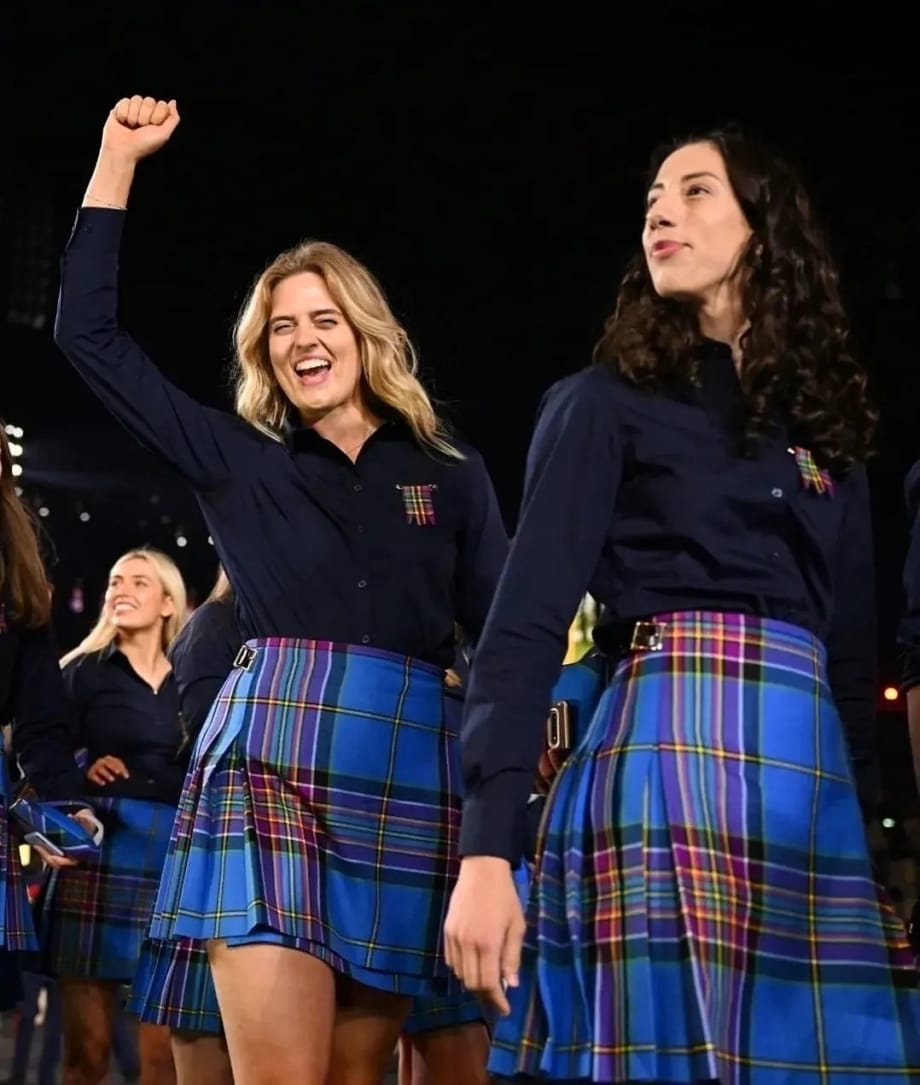

Advice
Over the last 20+ years our experts have helped more than 100,000 patients, but we don’t stop there. We also like to share our knowledge and insight to help people lead healthier lives, and here you will find our extensive library of advice on a variety of topics to help you do the same.
OUR ADVICE HUBS See all Advice Hubs